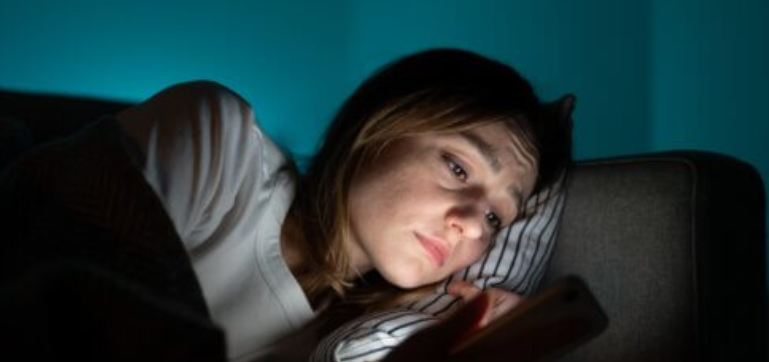Many people have compared the addictive nature of social media to cigarettes. Checking your likes, they say, is the new smoke break. Others say the unease over social media is just the next round of moral panic about new technologies.
We are a pair of researchers who investigate how social media affects the mental health of young people. More than 75% of teens check their phone hourly, and half say they feel like they’re addicted to their devices.
Here are some of the things they’ve told us:
“TikTok has me in a chokehold.”
“I would 1,000% say I am addicted.”
“I feel completely aware that it is hijacking my brain, but I can’t put it down. This leaves me feeling ashamed.”
Maybe you’ve had similar feelings yourself, no matter your age. Although it’s true social technologies offer clear benefits – unlike smoking – many people still feel uncomfortable with how much time they spend online and often wonder if they’re addicted.
Years of investigation have led our team to this conclusion: Perhaps a better approach is to view your media consumption as a diet. Just as there are many ways to have a healthy diet, there are also a variety of ways to develop healthy and personalized social media habits.
The search for answers
A deluge of research on social media usage that began in the early 2010s shows negative impacts in areas related to body image, eating disorders and social comparison. Conversely, other studies point to the mental health benefits of social media, including social well-being, strong friendships and exposure to diverse perspectives.
Still other studies show conflicting results. In fact, inconclusive or mixed results seem to be a recurring pattern when researching this subject.
The inconsistencies in these studies highlight the very hard problem of characterizing healthy interaction between two complex systems – social media technologies and human behavioral psychology.
One issue is that the stress, anxiety and challenges to self-esteem experienced by users may vary from moment to moment, depending on what they are viewing. Consider that not all time spent on social media is equal. For example, messaging distant friends for one hour a day will likely leave you feeling more fulfilled than spending 30 minutes a day doomscrolling, which refers to an excessive amount of time consuming negative media.
That’s why researchers are trying to distinguish between the active and passive use of social media. “Active use” refers to social exchanges, like sending messages or posting content, while “passive use” is strictly the consumption of social media content without participation, contribution or engagement with others.
But even this distinction is too simplistic and has come under scrutiny. Some active behaviors, such as trolling on Reddit, are likely unhealthy for everyone involved. And some passive behaviors, like consuming educational videos, are beneficial.
Because healthy media consumption varies considerably from person to person, our research takes a different approach and focuses on users developing personal agency with respect to their media consumption.
Source : https://studyfinds.org/hijacking-brain-people-addicted-to-social-media-seek-help










